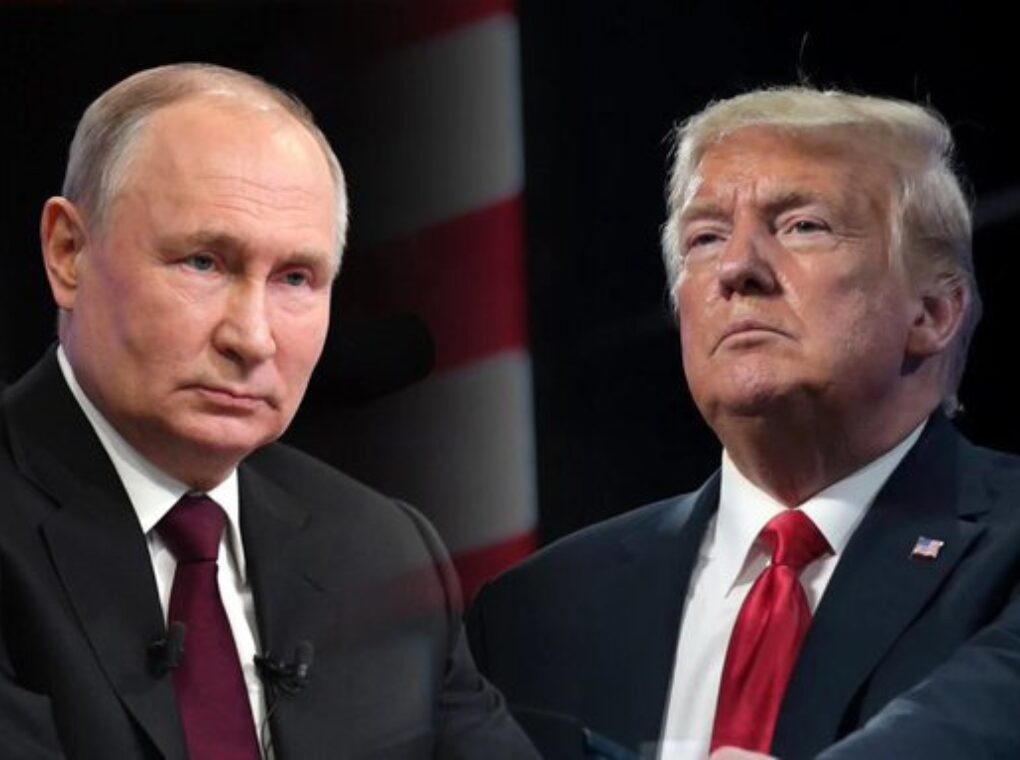The high-stakes summit between US President Donald Trump and Russian President Vladimir Putin in Alaska has opened a new chapter in efforts to end the Ukraine war. Among the most striking outcomes was the suggestion that Washington and its allies could extend NATO-style security guarantees to Kyiv — a move analysts warn could reshape Europe’s security order and intensify strategic pressure on China.
According to US envoy Steve Witkoff, Putin signaled a willingness to consider arrangements that would provide Ukraine with “Article 5-like” protection, even if the country remains outside NATO.
Article 5 of the North Atlantic Treaty binds all members to collective defense in the event of an attack — the cornerstone of the alliance. Such a system for Ukraine, though unprecedented, could potentially bypass Russia’s long-standing opposition to Kyiv’s formal NATO membership.
Strategic Stakes for Beijing
Chinese analysts are divided on the potential deal. Zhu Junwei of the Horizon Insights Centre argued that while Putin may accept the principle in exchange for concessions, the broader consequences could be far-reaching. If US-Russia relations stabilize, she said, “the geopolitical pressure facing China could increase,” particularly if Washington redeploys freed-up resources to the Asia-Pacific.
Song Bo of Tsinghua University echoed this, noting that a thaw between Moscow and Western capitals would ease Russia’s western front tensions, potentially allowing the US to concentrate more heavily on the Indo-Pacific — a region where Beijing and Washington already compete fiercely.
US Policy Calculations
Not all analysts believe such guarantees are likely. Wang Wen of Renmin University’s Chongyang Institute pointed out that Trump’s “America First” agenda is fundamentally about reducing Washington’s burdens abroad. “Trump’s policy now is de-Ukrainisation,” Wang argued, suggesting the US president aims to limit long-term commitments rather than create new ones.
Yet, even the discussion of NATO-like guarantees reflects a shifting dynamic. For Kyiv, President Volodymyr Zelensky called the prospect “historic” as he traveled to Washington for talks, flanked by a group of European leaders backing his case. European Commission President Ursula von der Leyen welcomed Washington’s willingness to explore the option, stressing that Brussels was ready to “do its share.”
Russia’s Balancing Act
For Moscow, any deal would require reciprocal assurances. Russia’s ambassador to international organizations in Vienna, Mikhail Ulyanov, said Ukraine’s security guarantees must be matched by “efficient security guarantees” for Russia itself. Reports suggest Putin also demanded that Ukraine cede Donetsk and Luhansk as part of a broader territorial compromise, while freezing the rest of the front line.
At a joint press conference with Trump, Putin insisted that Ukraine’s security should be “ensured,” but also emphasized the need for a restored “fair security balance” across Europe and globally.
China’s Position
Beijing’s official response has been measured. Foreign ministry spokeswoman Mao Ning stated that China “welcomes the engagement between Russia and the US to improve their relations and advance the political settlement of the Ukraine crisis.” Analysts believe China sees merit in an eventual settlement that reduces Western accusations of Beijing’s alignment with Moscow, while also lowering global tensions that complicate its economic recovery.
Still, concerns linger in Beijing over whether a precedent-setting NATO-style guarantee for Ukraine could be replicated elsewhere. If such an arrangement extends security coverage without requiring formal NATO accession, it could effectively redraw the boundaries of Western influence — with long-term implications for Asia.
What next ?
As Zelensky, Trump, and European leaders continue talks, the shape of a possible peace deal remains uncertain. But what is clear is that any arrangement binding Ukraine’s security to the US and its allies will not only reshape the war’s trajectory — it will also reverberate across global geopolitics.
For China, the stakes are particularly high. A successful US-Russia settlement would reduce Moscow’s dependency on Beijing, potentially weaken the “no-limits” partnership between the two, and free Washington to direct greater focus toward countering China’s rise.
In that sense, even a peace deal that ends the war in Ukraine could mark the beginning of a more complex strategic contest in Asia.
